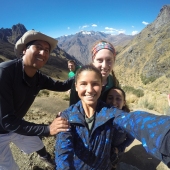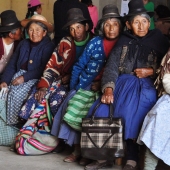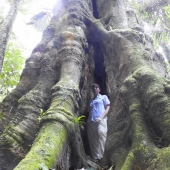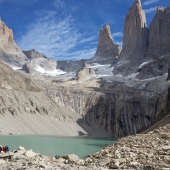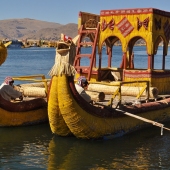Machu Picchu and the Zika Virus: what you need to know
For travelers seeking Zika-free destinations, it's important to stay up to date because information and locations keep changing. Brazil was the first to land in the spotlight for Zika virus cases, but what's happening in other countries in South America? And what is the risk of exposure to Zika for travelers to Machu Picchu?
Click here: More Machu Picchu News
Where Mosquitos Breed
Geography and climate seem to play a critical role in where this virus has been transmitted. Whether it's North or South America, mosquitos breed in environments with specific conditions. At the very least, mosquitos need moisture, as well as altitudes below 6500 f / 1980 m above sea level. Temperatures at lower altitudes are more stable for mosquitos to breed. Zika can also be transmitted from sexual contact, which is not affected by altitude or weather.
Altitude and Geography of South America
Ecuador, Peru, Chile and Bolivia have both low-lying moisture-laden jungles as well as extremely high altitude mountains exceeding 14,000 f / 4265 m. Mosquitos that carry Zika (and other diseases) are typically not found above 6500 f / 1980 m above sea level. Due to high altitude, you will not find mosquitos in Quito, Cusco, La Paz, Machu Picchu, Bolivia Salt Flats or Lake Titicaca.
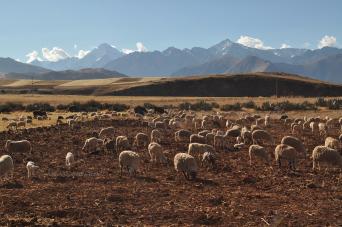
Altitude, Pacific currents and Andes Mountains collide along the west coast of South America to create conditions that are not found on the rest of the continent. The international airport in Lima, Peru gets very little rainfall year round, hence the city is often said to look "dirty." This is because the buildings never get "washed." Same applies to the southern regions of Peru. Paracas, Ica and Huacachina are arid, deserts with very little rainfall. These conditions are not conducive for mosquito breeding and are not high risk areas for exposure to zika.
Machu Picchu and Mosquitos
Once you fly to Cusco, the gateway city to Machu Picchu, the altitude is 11,000 ft, and while the mountains have a very well defined rainy season from November to early April, conditions at this altitude are not conducive for breeding mosquitos. There have not been any cases of zika reported from visits to Machu Picchu. Visitors have complained about mosquito bites on occassion, but most likely this is from another biting insect.
For additional up to date information about zika, visit the website of Centers for Disease Control and Prevention.



